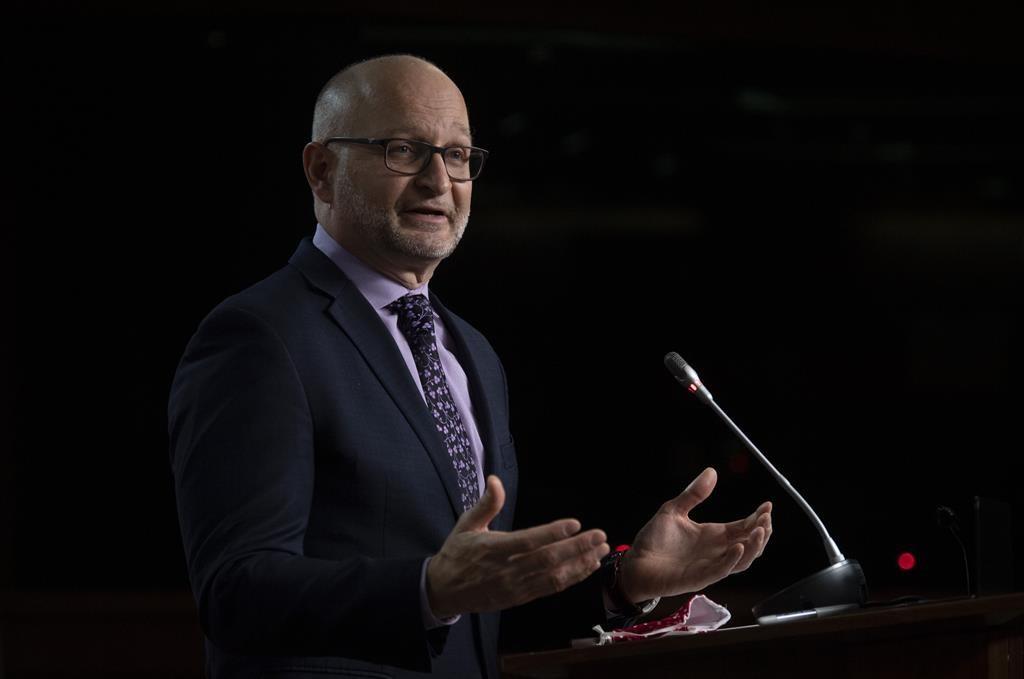OTTAWA—The chief executive officer of an organization that provides health care to the Siksika First Nation in Alberta says an assisted−dying bill sends the wrong message to Indigenous youth.
Tyler White says Indigenous elders work hard to tell young people that suicide should not be an option, and the bill sends a contradictory message.





